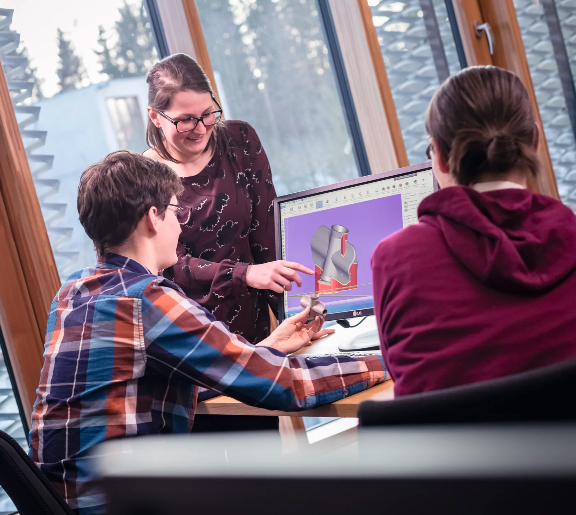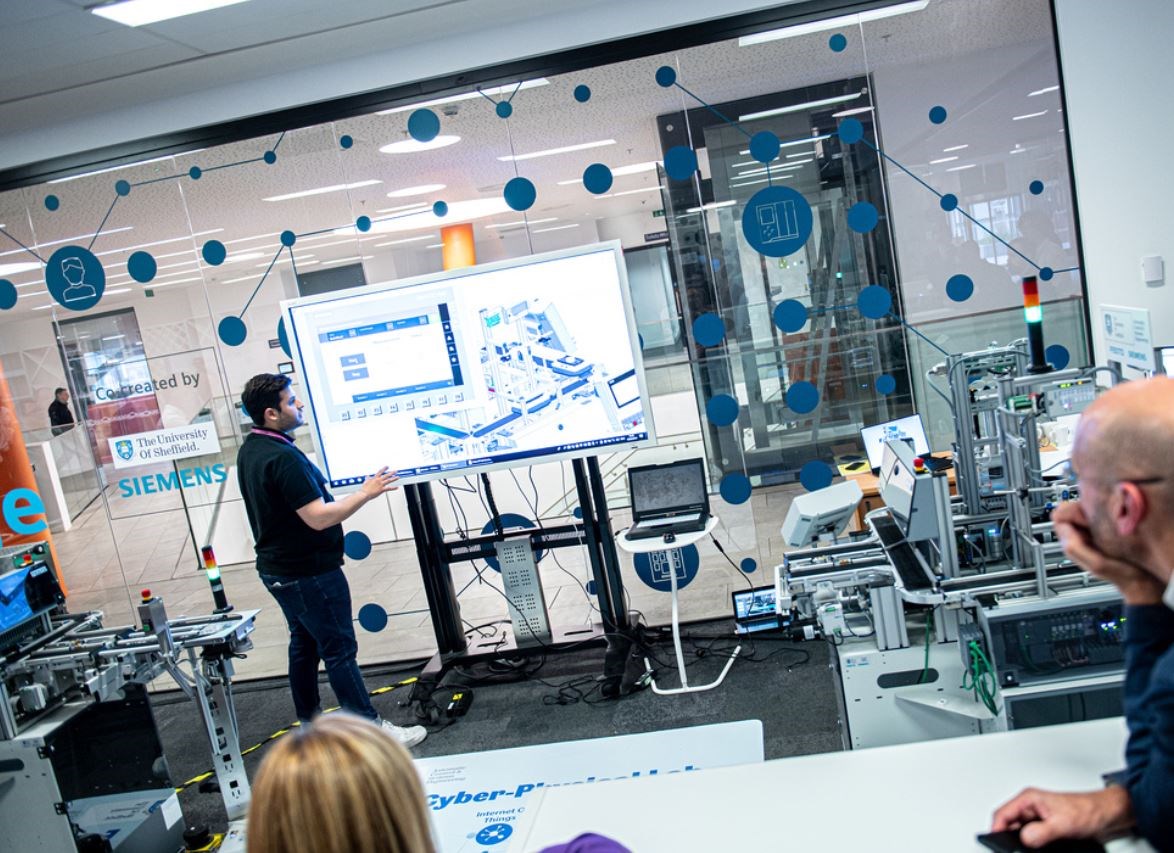Leading PBF manufacturer EOS has launched a new student scholarship program, EOS Affirms, that seeks to further open up STEM education programs to minority groups and people of color.
The program provides funding in the form of scholarship awards and endowments in the hope that this financial support can help lower barriers to students of color in completing STEM degrees.
“We want to help students as much as we can with the resources to lower historical barriers to success and achieve their goals,” said Glynn Fletcher, President of EOS North America. “The path to a larger, more diverse talent pool starts with doing our part to help with educating students in the STEM disciplines and the career opportunities available to them in growing industries such as industrial 3D printing.”

EOS Affirms
EOS hopes the program will inspire other organizations, including those in the 3D printing sector, to implement similar initiatives that can both expand the talent pool and drive greater diversity within the sector. Through EOS Affirms, the company distributes scholarship awards to partnering educational institutions and creates endowments for scholarship awards that future students can benefit from in years to come.
“We need to ensure they have access to the necessary resources to pursue that education first and that is where EOS Affirms does its part,” continued Fletcher. “Our ultimate goal is to connect the existing needs of organizations, like EOS North America, with talented students and graduates.”
So far, EOS has delivered scholarship funds to the likes of Michigan’s Henry Ford College and Washtenaw Community College, the University of Dayton Research Insitute in Ohio, and Texas State Technical College. EOS has also contributed funds to College Forward, a nationally recognized near-peer coaching organization.
Russell Kavalhuna, President of Henry Ford College, said of the program: “[The] STEM scholarship program aligns strongly with our commitment to remove barriers and create opportunities for young people, especially of underrepresented populations, to enable them to achieve a good education and empower them to build a rewarding career.”
The EOS Affirm program represents the firm’s latest investment in its long-term mission to inspire students and advance additive manufacturing education.

Diversity in 3D printing
It is no secret that the manufacturing sector, 3D printing included, has long suffered an employee skills gap and has wrestled with issues surrounding long-term workforce development, representation, and diversity. For instance, there have been calls to increase the number of women present at additive manufacturing conferences and events in the past.
In 2018, Women in 3D Printing (Wi3DP) – a group seeking to promote, support, and inspire women active in the 3D printing sector or seeking to enter the industry – published a quarterly report concerned with Diversity for Additive Manufacturing (DfAM).
Since then, UK-based 3D printing curriculum developer PrintLab has attempted to bridge the gap between education and industry through the provision of unlimited-use licenses for schools, while the CREATE Education Project launched its first Primary Education 3D Printing Hub in collaboration with automotive and aerospace manufacturer Rolls Royce.
Meanwhile, global technology and industrial manufacturing firm Siemens has implemented a new Industry 4.0 teaching program within UK universities, called Connected Curriculum. Since its establishment, the program has engaged with more than 50 businesses on over 20 projects, having identified the need to improve and build the digital skills base across both education and industry.
Most recently, The SAM (sector skills strategy in additive manufacturing) consortium published the results of its first study into potential skill-gaps across the 3D printing workforce, which highlighted a critical shortage in training around additive manufacturing processes and identified a level of expertise in alloys as being vital within certain roles. As a result, the group recommended an urgent role out of pilot courses to prevent these issues from impacting the employability of those seeking to enter the industry.
Subscribe to the 3D Printing Industry newsletter for the latest news in additive manufacturing. You can also stay connected by following us on Twitter and liking us on Facebook.
Be sure to subscribe to the Another Dimension podcast on your chosen podcast player to make sure you never miss an episode.
Looking for a career in additive manufacturing? Visit 3D Printing Jobs for a selection of roles in the industry.
Featured image shows children being taught a class on 3D modeling. Photo via EOS.


